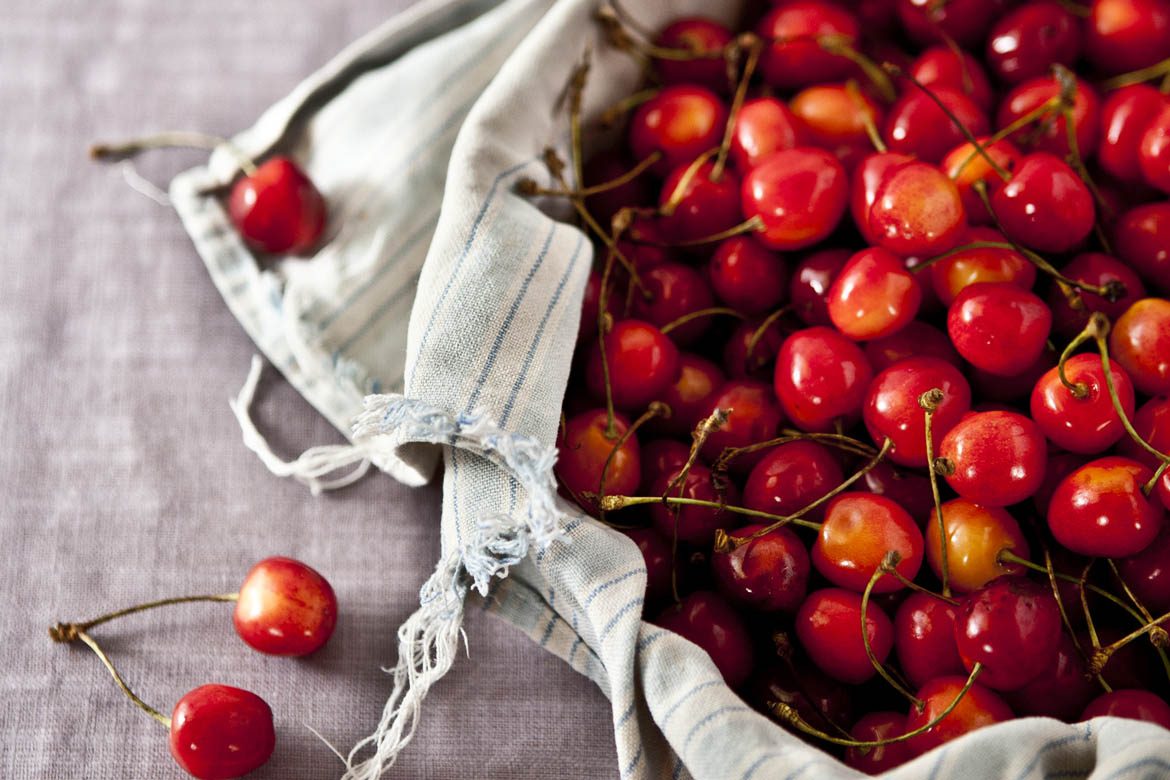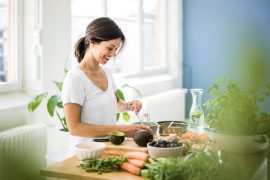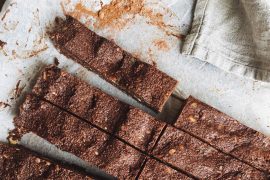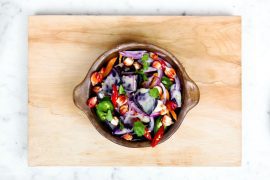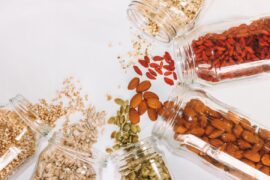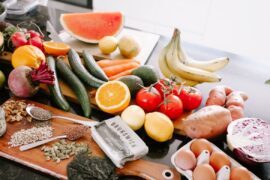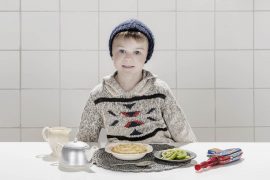By Hannah Schenker
We all know we should be eating organic produce – because that’s the best and healthiest way to fill our bodies with good nutrition to support optimum health. But the pesticides and other chemicals used to grow conventional crops are a huge cause for concern. The risks to our health are great, but even greater for our growing children, as exposure to residual chemicals can build up in the body.
“Several long-term studies of American children initiated in the 1990s found that children’s exposures to toxic organophosphate insecticides – not only in farm communities but also in cities – were high enough to cause subtle but lasting damages to their brains and nervous systems.” (source)
Each year, the Environmental Working Group (EWG) releasese the “Dirty Dozen” list of foods to avoid. These are foods that are found to have the highest residual pesticides, and it’s grim. These are foods to always buy organic, if you can. The EWG analyses data from the US Department of Agriculture about pesticide residue, and found that nearly 70% of samples of 48 types of conventionally grown produce are contaminated with pesticide residue. That is scary, scary, scary. These residues “persisted on fruits and vegetables even when they were washed and, in some cases, peeled” (source).
So, it’s up to you to flex your conscious spending muscles and choose carefully what you put in your body and your children’s.
DIRTY DOZEN
EWG’s 2017 Shopper’s Guide to Pesticides in Produce™
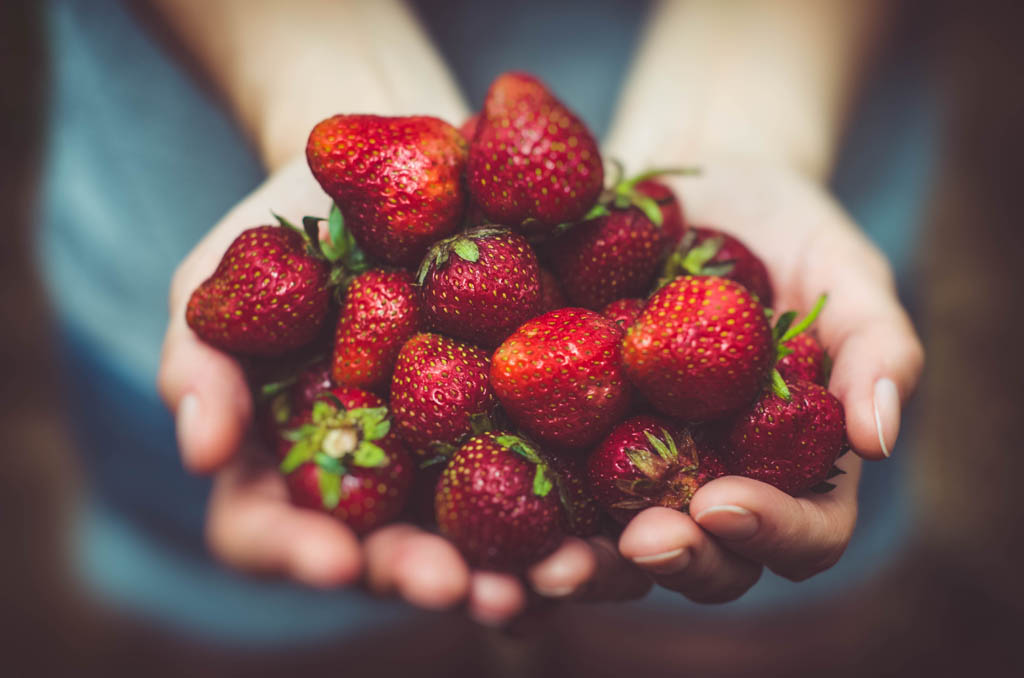
1. Strawberries
2. Spinach
3. Nectarines
4. Apples
5. Peaches
6. Pears
7. Cherries
8. Grapes
9. Celery
10. Tomatoes
11. Sweet bell peppers
12. Potatoes
+ BONUS: Hot Peppers
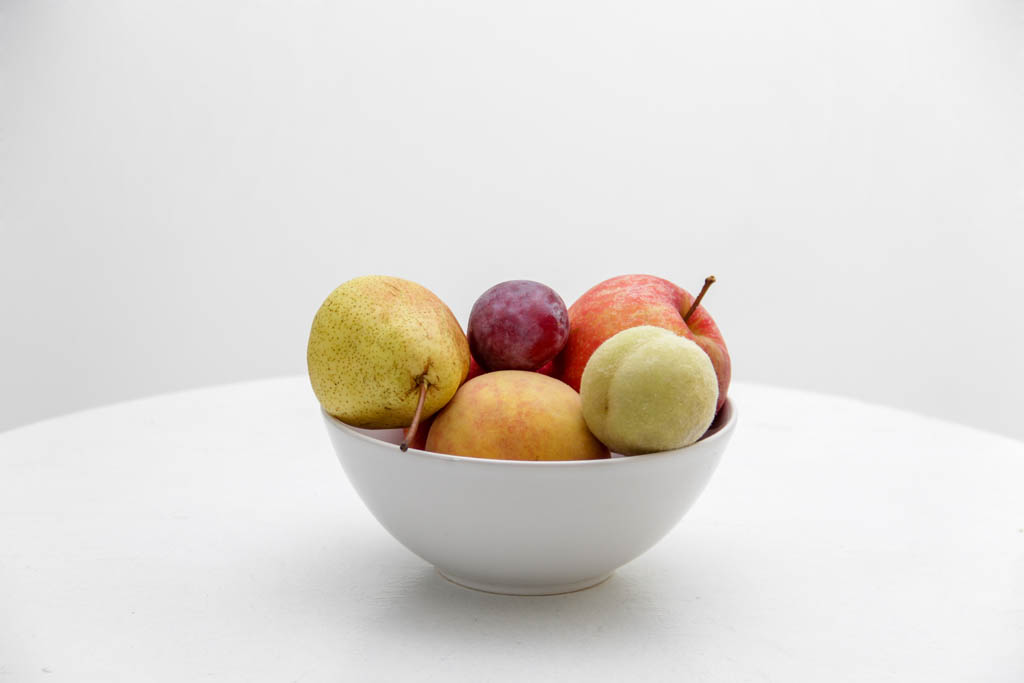
- More than 98 percent of samples of strawberries, spinach, peaches, nectarines, cherries and apples tested positive for residue of at least one pesticide.
- A single sample of strawberries showed 20 different pesticides.
- Spinach samples had, on average, twice as much pesticide residue by weight than any other crop.
Hannah Schenker is a freelance writer, editor and regular contributor to The Natural Parent Magazine. She lives with a touch of magic in Golden Bay, New Zealand.

